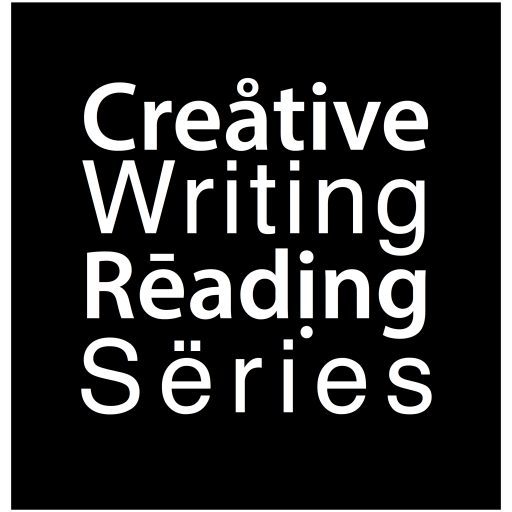Following Professor Iain Sinclair’s reading last week comes another author whose reading and conversation touches on the relationship of story and place, and also on the working life of the writer. Rowena Macdonald gave a very generous reading at the Creative Writing Reading Series last Tuesday evening comprising a reading of ‘The New Chef’, a short story from her collection Smoked Meat. The book is set in Montreal and are linked with themes of how the city can corrupt a person and also by characters appearing in various cameos throughout the whole.
Following Professor Iain Sinclair’s reading at the Creative Writing Reading Series last week comes another author whose reading and conversation touched on the relationship of story and place, and also on the working life of the writer. Rowena Macdonald gave a very generous reading on Tuesday evening of ‘The New Chef’, a short story from her collection Smoked Meat. The book is set in Montreal and comprises a set of stories linked through setting, theme, and recurring characters.
Her reading features Sean, the new chef at Chez Nannigan’s (MacDonald apologised in advance repeatedly for what turned out to be a respectable approximation of an Irish burr):
Macdonald explained that the material for the book was gathered while she lived in Montreal, working without a visa for cash-in-hand, and written when she returned to England, finding it easier to exorcise her experiences having formed a distance from the place. (Conversely, she had written a novel set on the Isle of Wight, where she is from, while in Montreal.) The stories take place in the ‘demi-Monde’ of Montreal’s bars, restaurants, galleries and the down-at-heel neighbourhoods where her characters can afford the rent; she explained that Montreal at the time was a cheap, bohemian place to stay, and she wanted to ‘capture the particular milieu that [she] was living in.’ She spoke of the routine sexual harassment she experienced from staff and customers while working as a waitress, and of being an alien, working illegally amid the multi-cultural milieu of the city.
The book does not follow a single narrative, but adopts a close third person point of view throughout. Macdonald explained that the book was not through-composed and she didn’t set out to write interlinked stories when she began. She started with ‘Down to Rue Beaudry’, which ended up fourth in the collection, and worked towards the final story of the book, ‘The Life and Soul’, which she described as an homage to James Joyce’s ‘The Dead’.
The reading was followed as ever by questions. MacDonald explained that she had also written two novels, one of which is currently with her agent. She put forward that novels are far more commercially viable and perhaps the place she should have started. Her view of the short story is that it is perhaps perceived as a more ‘high brow’, more writerly form than the novel, which is a ‘big immersive experience.’ She went on to say that prefers stylistic writing and writers to plot, citing James Joyce, again, and Katherine Mansfield as examples.
She spoke about the perseverance needed to succeed as a writer, restating maxims she had heard along the way and found useful, such as getting to the desk to approach writing as work. She quoted Margaret Thatcher, with reluctant enthusiasm, as saying, ‘It’s amazing what you can get done in an hour’. She described at length the determination needed to find agency representation and subsequent publication, dealing with rejection and and not expecting ‘lucky breaks’; and, echoing Professor Sinclair’s advice last week, she urged upon budding writers in the audience: ‘you have to really want to do it.’
Rowena Macdonald has a new collection of stories due for publication by Influx Press next year.
